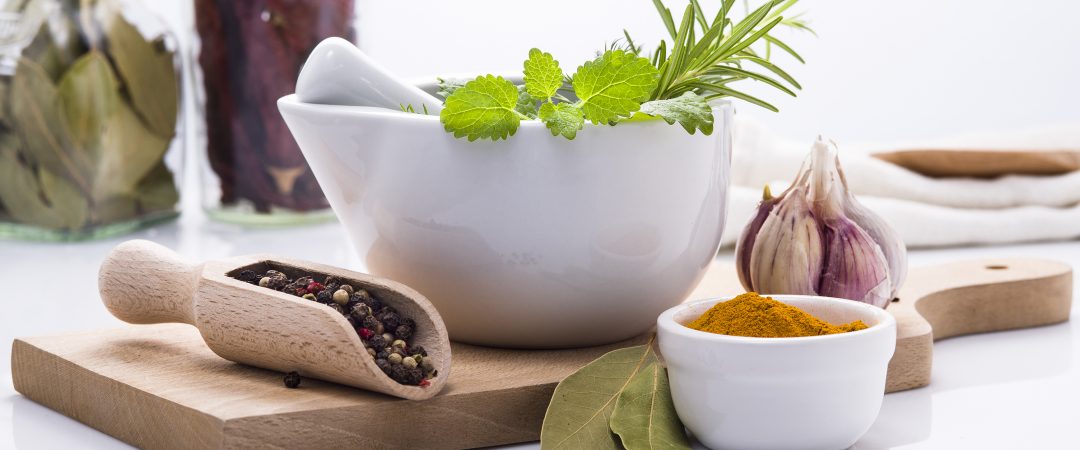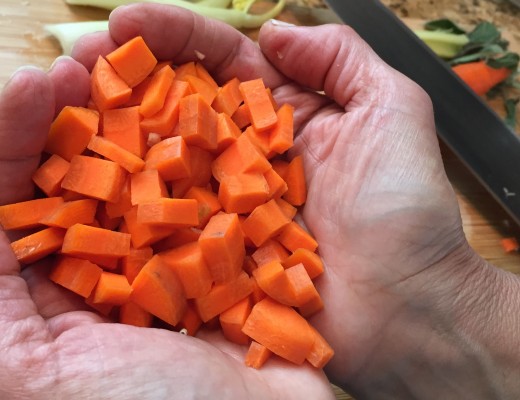Herbal remedies have been proven effective in reducing pain and improving function. As mentioned in previous posts, prescription medications can have side effects that prevent some patients from being able to safely use them. Thus, they may be good candidates for herbal medicines. When NSAID use is not an option for some patients due to a risk of gastrointestinal or cardiac side effects, once again, herbs may be a good alternative. Other patients that may benefit from herbal medicine are the elderly, those who are very sensitive to medication, and those needing to avoid the possibility of confusion and sleepiness caused by some pain relieving prescription medications.
Every patient with persistent pain is unique; therefore no one particular herb will work for everyone. Each patient’s overall medical condition, past medical history, other medications and other herbs being used must be considered before recommending an herbal remedy. There are several herbs and supplements that are helpful for reducing inflammation in the majority of people. Prescription medications and herbal medications can interact so it is extremely important to let your prescribing physician know of any herbal supplements that you’re taking. With proper guidance it is possible to use herbs and prescription medication together safely. While not an herb, homeopathic remedies can be used with prescription medication without many interactions, and are another useful pain relief strategy.




